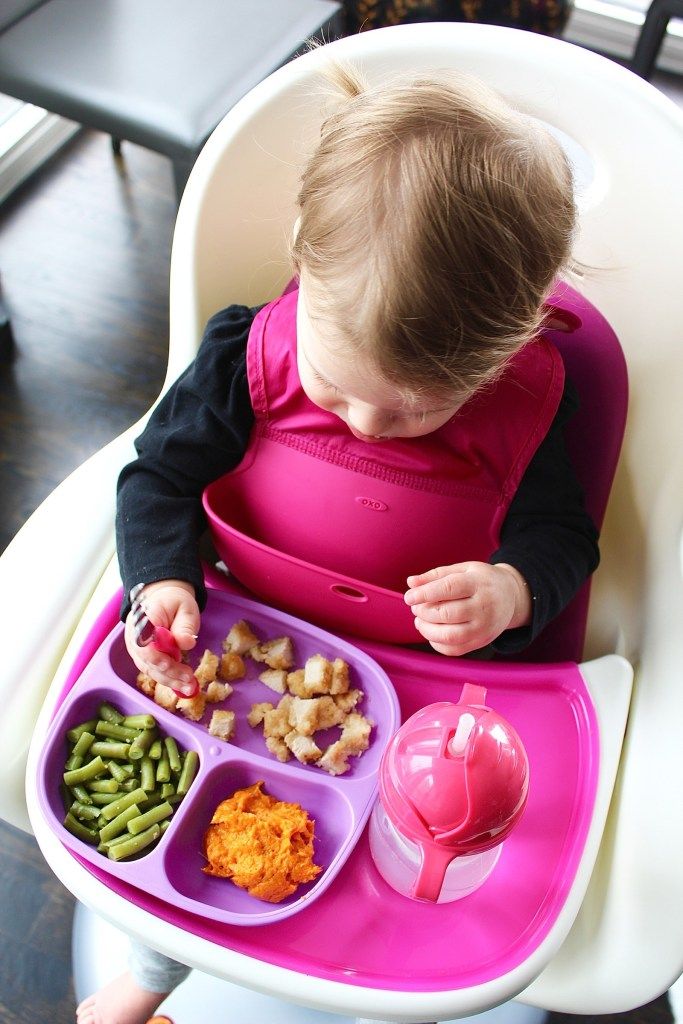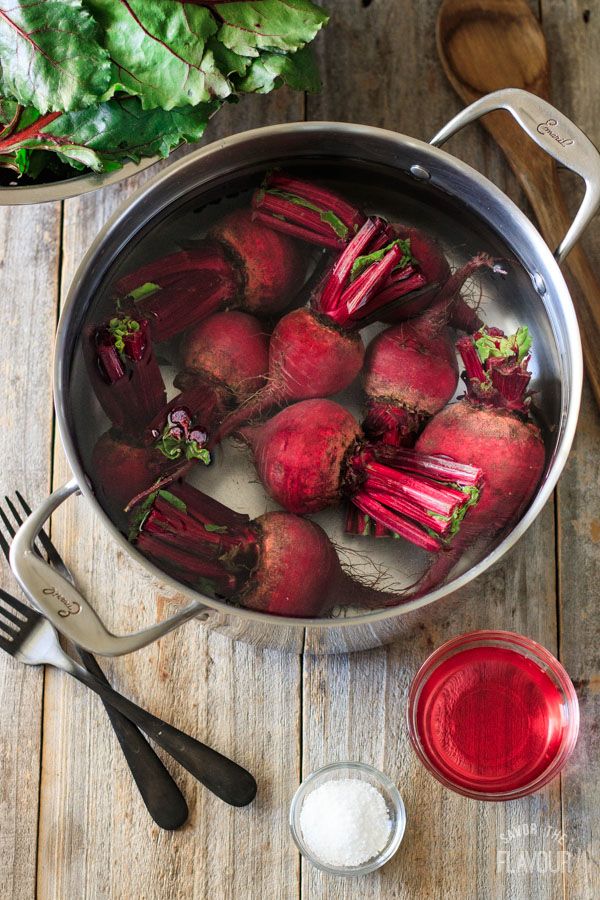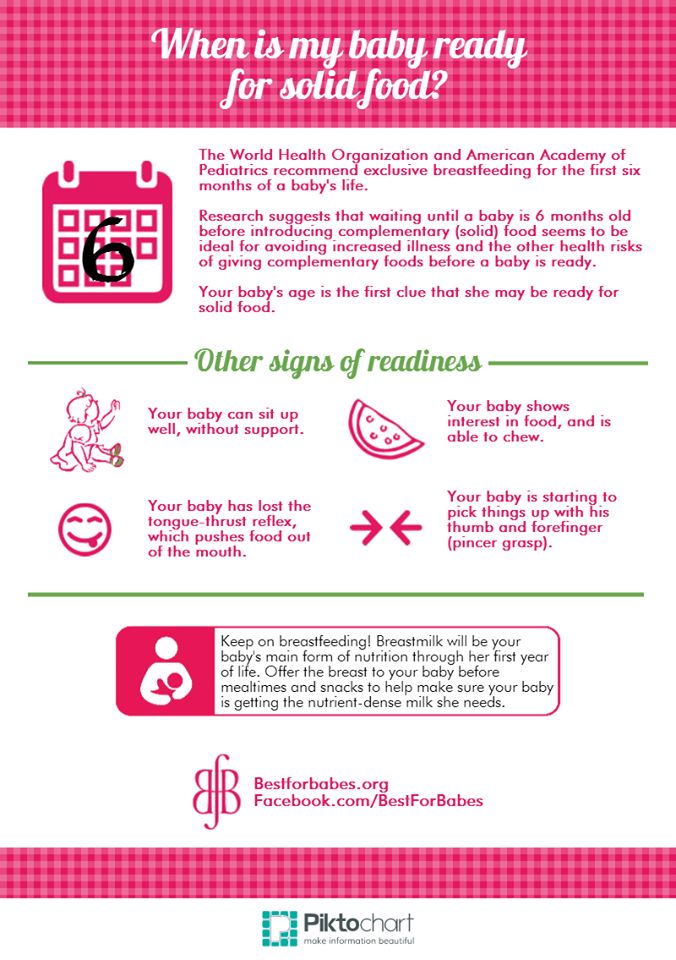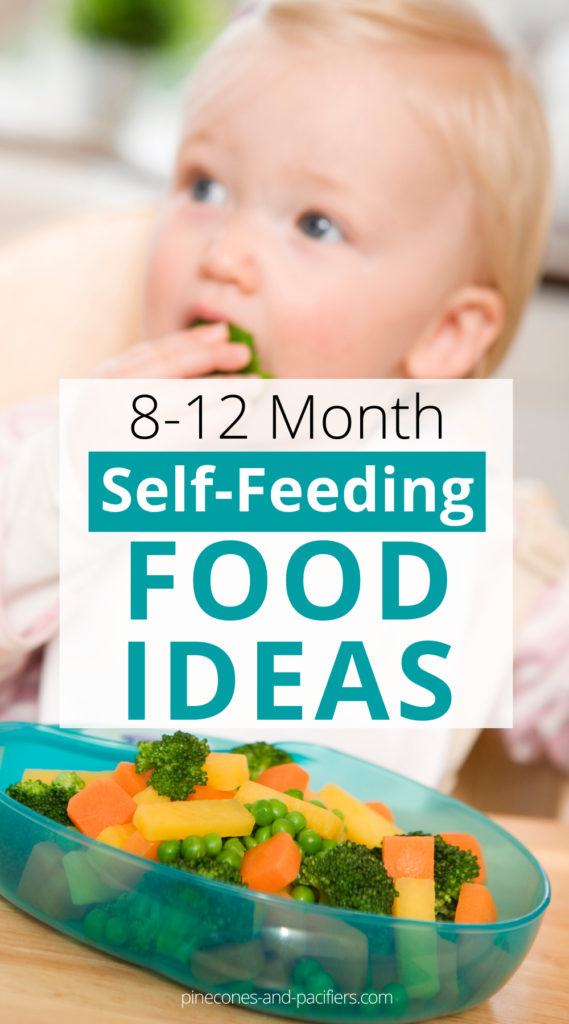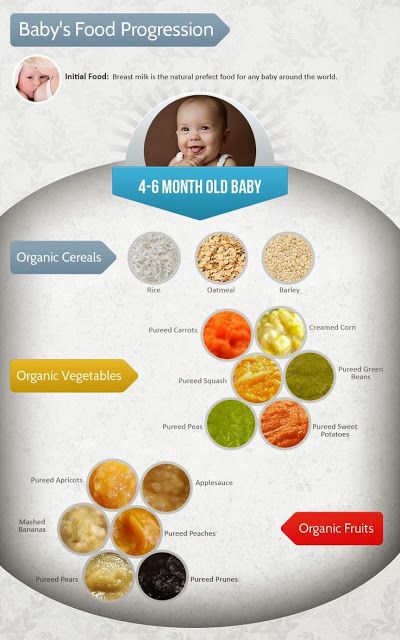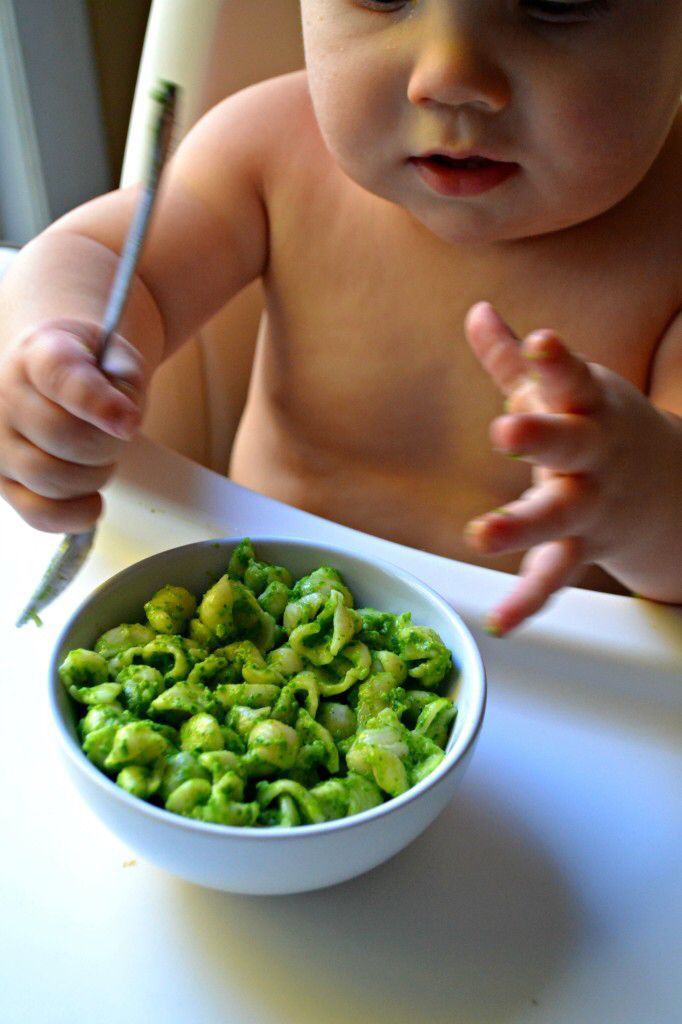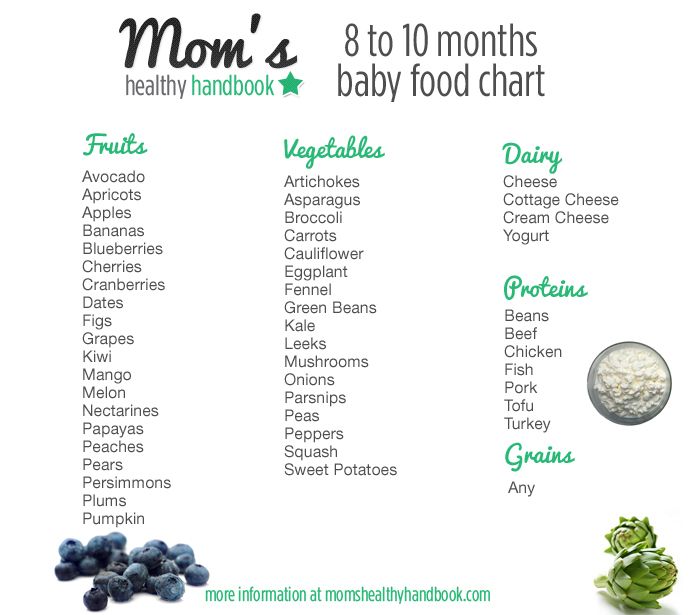List of baby foods that cause constipation
List of 20 Foods that Cause & Relieve Constipation in Babies
If you are new parents, discussing your baby’s pooping habits must be a regular thing now. You’ll be surprised at how much you think, discuss, and worry about your baby’s poop schedule. If your baby has a hard time passing stool or passes a lot of gas daily, then without a doubt, you will worry and might think of consulting your baby’s paediatrician at odd hours. We understand your concern, but there is no need to panic. Your little one might be suffering from constipation, and it is very common in babies and toddlers.
A child’s pooping habits will depend on his eating habits. There are some foods which tend to constipate babies, especially when you start giving them solid foods. Read on to know about the various foods that can cause and relieve constipation in children, and find out how you can ensure that your child has a good bowel movement.
Video: 20 Foods That Cause and Relieve Constipation in Babies
Foods That Cause Constipation in Infants
If your child has just started eating solid foods and he is having difficulty in passing stool or has a dry and hard stool, then it is a sign of constipation. Baby’s fluid intake and diet will determine his bowel movements. Here is a list of foods that cause constipation in babies.
1. Milk Protein
Milk protein can cause constipation in babies. Milk proteins other than in the breast milk can cause this problem, and as a parent, you need to be careful once you start giving formula milk to your baby. Sometimes, babies may even develop an allergy to the protein present in breast milk, which may result in constipation.
2. Formula Food
Babies are often fed formula in their early years. Formula food consists of ingredients that are difficult to digest, which might result in constipation.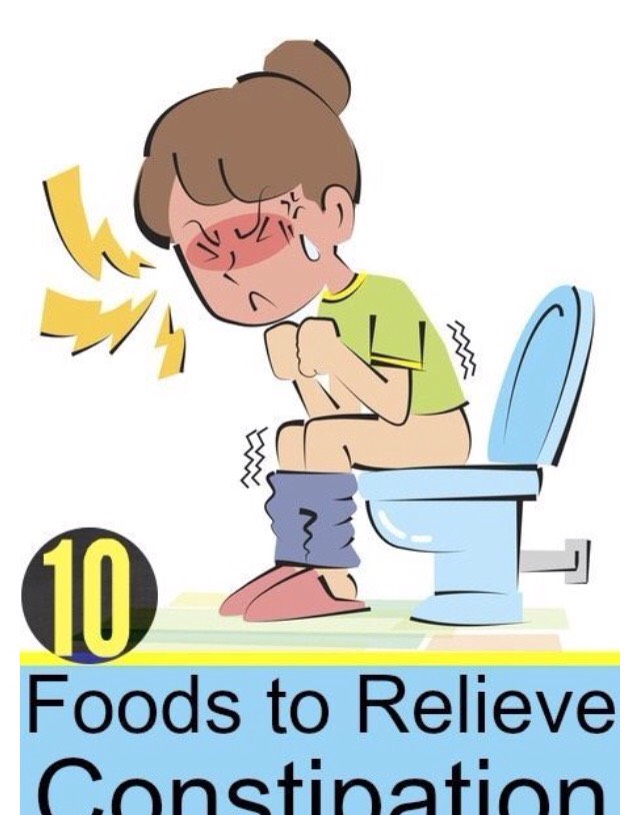 Formula milk even contains complex proteins that may harden the poop and thus cause constipation.
Formula milk even contains complex proteins that may harden the poop and thus cause constipation.
3. Rice
Rice and porridge are the two solid food for babies that most mothers think of introducing as the first food to their babies. But some babies may find it hard to digest rice and may feel constipated.
4. Carrots
Carrots, when given raw or in the form of juice, are usually good for babies. But, if you feed steam-cooked carrots to your baby, then he might feel constipated. Steamed carrots tend to solidify the poop making it difficult for babies to excrete.
5. Raw Bananas
Babies are often fed raw bananas, as cooked vegetable, or as a porridge made out of sun-dried raw banana powder. Although giving a ripe banana is good, unripe banana is not. If you give an unripe banana to your baby, he might feel constipated and have gastric problem. Under-ripe or unripe bananas have starch in them, which can be hard for a baby to digest.
6. Apples
Apples are known to harden the stool so eating them while suffering from diarrhoea can help. But steamed apples, a popular baby food, can cause constipation in babies. So don’t give steamed apples to your baby. Also avoid giving applesauce to your baby as it contains pectin protein, which hardens the stool.
But steamed apples, a popular baby food, can cause constipation in babies. So don’t give steamed apples to your baby. Also avoid giving applesauce to your baby as it contains pectin protein, which hardens the stool.
7. Cheese
Cheese is an excellent source of many essential vitamins and minerals and is a superfood for babies. It is usually given to babies as a snack. However, cheese is low in fibre and can cause constipation.
8. White Bread
White bread, made with all-purpose flour, is a processed form of grain and is low in fibre. Fibrous foods are known to improve digestion. However, white bread lacks fibre in substantial quantity and can cause constipation in babies.
9. Potatoes
Regular potatoes with skin have about 3 gm of fibre and can prevent constipation. If you give your baby potatoes with other veggies, then it won’t be a problem. However, if you give him potato chips or potatoes with butter or sour cream, then he may suffer from constipation.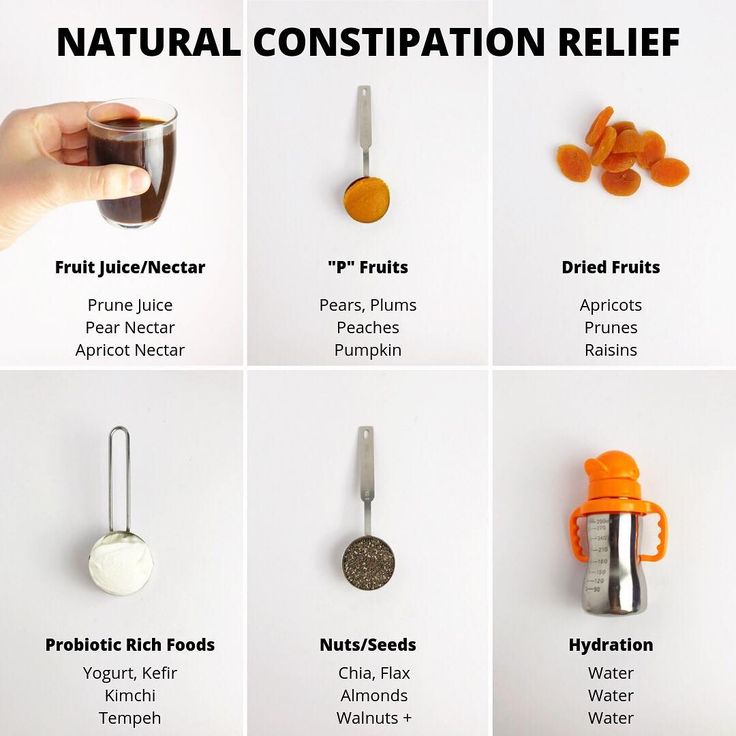
10. Yoghurt
Yoghurt contains good bacteria that facilitate digestion. But, it also has a binding effect on food substances and sometimes may cause constipation in children.
Foods That Help Relieve Constipation in Infants
Now that you know which foods cause constipation in babies, so avoid incorporating them into your baby’s diet. If your baby is already suffering from constipation, then include these high-fibre foods in your baby’s diet. These foods will not only relieve the condition but also prevent it from occurring in future.
1. Prunes
Prunes are rich in fibre and a great source of multivitamins. Being a good source of fibre, they can ease and speed up the bowel movements. Prunes can be soaked overnight and given to a baby first thing in the morning. You can also give your baby prune juice. Prunes and prune juice are an excellent remedy for constipation.
2. Beans
Beans are packed with fibre and can be included in a baby’s diet if he is suffering from constipation.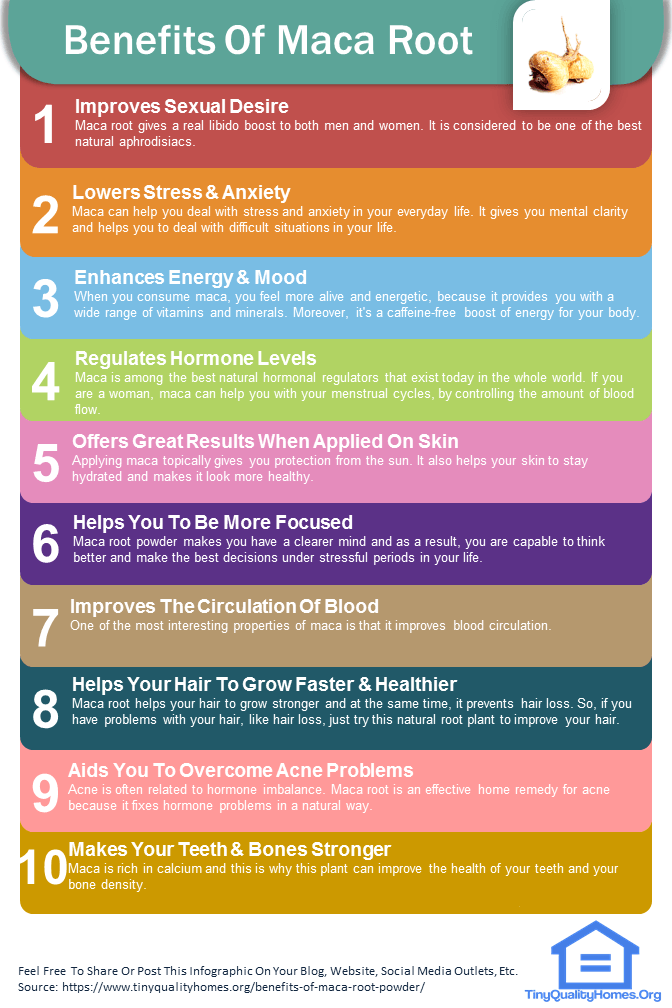 Eating beans will improve his bowel movements. As beans contain both soluble and insoluble fibre, it will help in digestion of food and help your little one excrete properly.
Eating beans will improve his bowel movements. As beans contain both soluble and insoluble fibre, it will help in digestion of food and help your little one excrete properly.
3. Green Peas
Fresh green peas available in winters are loaded with fibre – they are a perfect food to include in your baby’s diet if he is constipated. Peas can be given as a simple snack by just boiling and seasoning. Infants can be given boiled peas in the pureed form to aid bowel movements.
4. Apricots
Apricots are another seasonal fruit used for treating constipation. It can be given raw or in the form of juice. Dried apricots are also available in the market, which can be soaked overnight and given to babies.
5. Oatmeal
Oatmeal, a common and widely preferred food for babies, is an excellent food for children with recurrent episodes of constipation. Oatmeal can provide your baby with much-needed fibre and can prevent constipation.
6. Pears
Pears are rich in fibre and Vitamin C. Both fibre and Vitamin C aid in proper digestion and relieve constipation. Babies can also be given a few drops of fresh pear juice to cure constipation.
Both fibre and Vitamin C aid in proper digestion and relieve constipation. Babies can also be given a few drops of fresh pear juice to cure constipation.
7. Broccoli
Broccoli, a superfood for babies, is a rich source of protein and fibre. Broccoli is also a good source of fibre, Vitamin C, Vitamin K, and folate. Green vegetables like spinach and broccoli add weight to stools, making them easier to pass through the gut. You can give small steamed broccoli florets to your baby as finger food. Broccoli also contains sulforaphane, which may protect the gut and aid digestion.
8. Sweet Potatoes
Sweet potatoes, unlike other tubers, are one of the best baby foods and they do not cause constipation. Sweet potatoes can help in relieving constipation and provide essential nutrients and carbohydrates to your growing baby.
9. Berries
Berries are rich in antioxidants and are an excellent food for babies and toddlers. They are also high in fibre, which is why they are a must-include in your baby’s diet. You can give berries to your baby in pureed form. By eating berries, your little tot won’t complain of constipation.
You can give berries to your baby in pureed form. By eating berries, your little tot won’t complain of constipation.
10. Whole Grain Bread
Whole grains foods have high fibre content in them, which is good for the heart as well as for the digestive system. You can give whole wheat bread to your baby – it is high in fibre and will prevent constipation in your little one.
FAQs
1. How Will You Know That Your Baby is Constipated?
If your baby is constipated, he obviously won’t be unable to communicate that to you. So watch out for these signs of constipation in him –
- He has three or fewer than three bowel movements in a week.
- His stools are hard and dry.
- He has a hard time pooping.
- He cries continuously and has a stomach ache.
2. How Can You Prevent Constipation in Your Baby?
To prevent and treat constipation in babies, here’s what you can do:
- If your baby has crossed the six-month mark, you can make him sip water in small amounts.
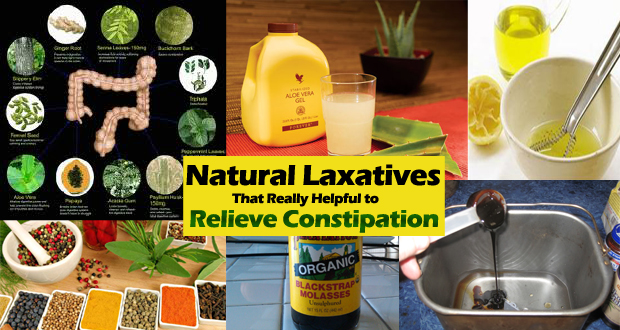 Before six months, he will get all the hydration he needs through breast milk. Later, you can start with foods that contain water and fibre, as water and fibre will improve his bowel movements.
Before six months, he will get all the hydration he needs through breast milk. Later, you can start with foods that contain water and fibre, as water and fibre will improve his bowel movements.
- Include high-fibre foods in his diet. Make prunes, berries, whole grains, and pulses in his diet as they are high in fibre content and aid digestion.
- Get your child into the habit of pooping. Once he is ready for potty training, make sure you make him sit on the toilet seat for at least 10 minutes at about the same time daily. It will get him into the habit of going to the toilet.
Many times, parents go through a lot of stress when their babies suffer from constipation. If your child is constipated, don’t worry. By making slight changes in his diet and encouraging him to do some physical activity (however, small) regularly can cure constipation and other stomach-related problems in him. However, if the problem persists and your baby doesn’t feel better, consult a doctor.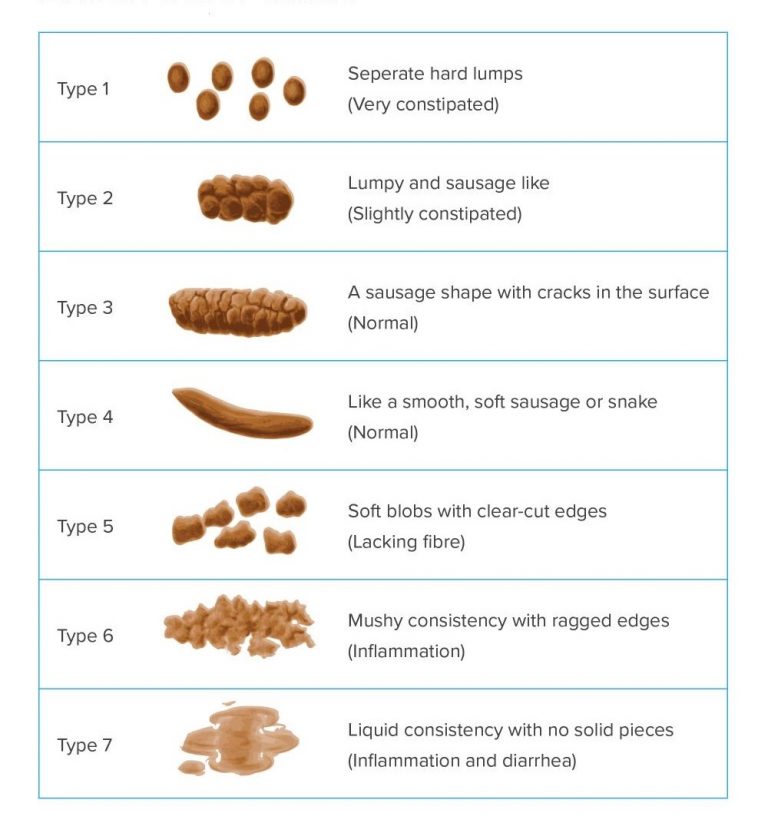
Also Read: Indigestion in Children
Foods That Cause Constipation In Babies
Babies, in general, often suffer from constipation. In most of the cases, your baby’s food is responsible for constipation. It is important to take a closer look at your baby’s diet at the first signs of constipation to find out what foods cause constipation in babies. Foods that your baby consumes directly influences the ease with which they poop. The substances which are present in foods tend to constipate babies. This usually happens when babies start having solid foods.
There are different colours and textures of baby poop.
1. If it is any of the following colours- green brown, yellow, green black or brown and of a regular texture, you do not have to worry.
2. If you find that the stools are hard and pebbly, irregular and your baby is finding it difficult to poop, then it might be constipated.
Constipation in babies is very rare when they take liquid nature foods in their initial months.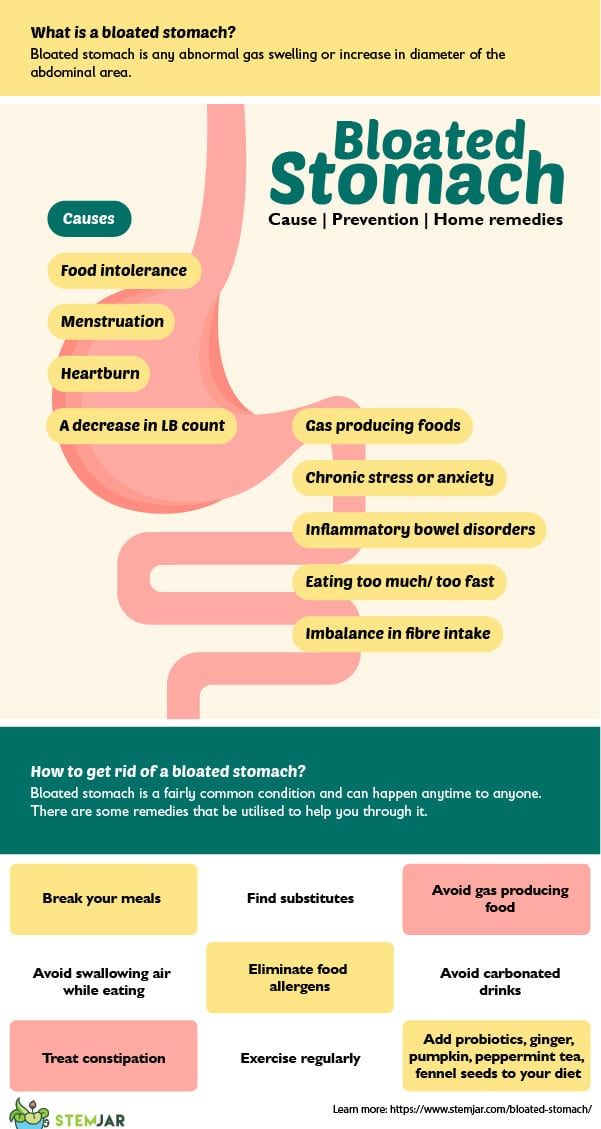 When your child starts with solid foods and he has difficulty in passing stools, then it is a sign of constipation.
When your child starts with solid foods and he has difficulty in passing stools, then it is a sign of constipation.
Below are the lists of foods that may cause constipation in babies:
1. Milk protein:
Protein in milk can cause constipation in babies. So, you need to be careful once you start giving formula milk. Babies may even develop allergies towards the protein, which is present in breast milk, which will result in constipation.
2. Formula food:
There are ingredients present in formula food, which are difficult to digest by babies, thereby causing constipation. Complex proteins are also present in formula milk, which causes hardening of the poop.
3. Rice:
The two solid foods most mothers consider while starting solid foods are rice and porridge. Some babies may find it hard to digest rice and may feel constipated.
4. Carrots:
Raw or juice form of carrot is good for babies. When you give steam cooked carrots to your baby it may cause constipation. Steamed carrots tend to solidify the poop causing it difficult for babies to excrete.
Steamed carrots tend to solidify the poop causing it difficult for babies to excrete.
5. Raw banana:
Raw bananas are given to babies either as a cooked vegetable or as a porridge, which is made out of raw banana powder. Unripe banana can cause gastric problems in babies and they may feel constipated.
6. Apples:
Apple has a property to harden the stool and is usually given as a home remedy for diarrhoea. A popular baby food, steamed apple can cause constipation in babies. Also, avoid giving applesauce to your baby as it contains a substance called pectin protein, which is known to harden the stool.
7. Cheese:
Essential vitamins and minerals are present in cheese. It is also a superfood for babies. It is usually given as a snack for babies. However, cheese is low in fibre and can cause constipation.
8. White bread:
White bread is made with an all-purpose flour. It is a processed form of grain and contains low fibre. White bread lacks fibre in substantial quantity and this causes constipation in babies.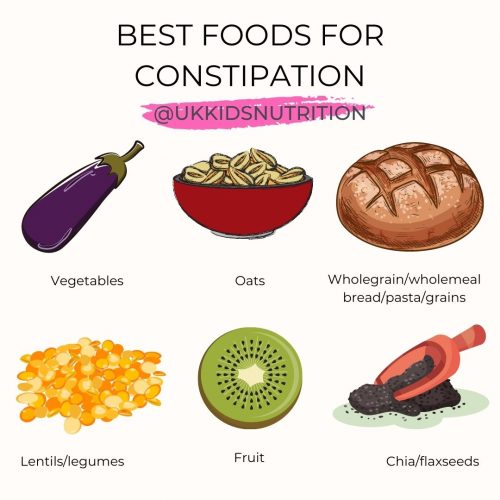
9. Tubers:
These are high rich starch vegetables, which give babies the energy to grow and function. Most of the tubers, except sweet potato, have less fibre and make it difficult for babies to pass stool.
10. Yoghurt:
Yoghurt contains good bacteria which facilitate digestion. It also has a binding effect on food substances and sometimes may cause constipation in babies.
Below are some foods, which will help to relieve constipation in babies:
1. Prunes:
These are rich in fibre and a great source of multivitamins. It helps in curing constipation in babies. Prunes should be soaked overnight and given to babies as a first thing in the morning. Even prune juice can be given to help relieve constipation. This fruit helps in aiding smooth bowel movement.
2. Beans:
They contain soluble and insoluble fibres which help in digestion and aid in smooth excretion of poop in babies.
3. Green peas:
Fresh green peas contain more fibre. For babies it can be given as blended puree by boiling.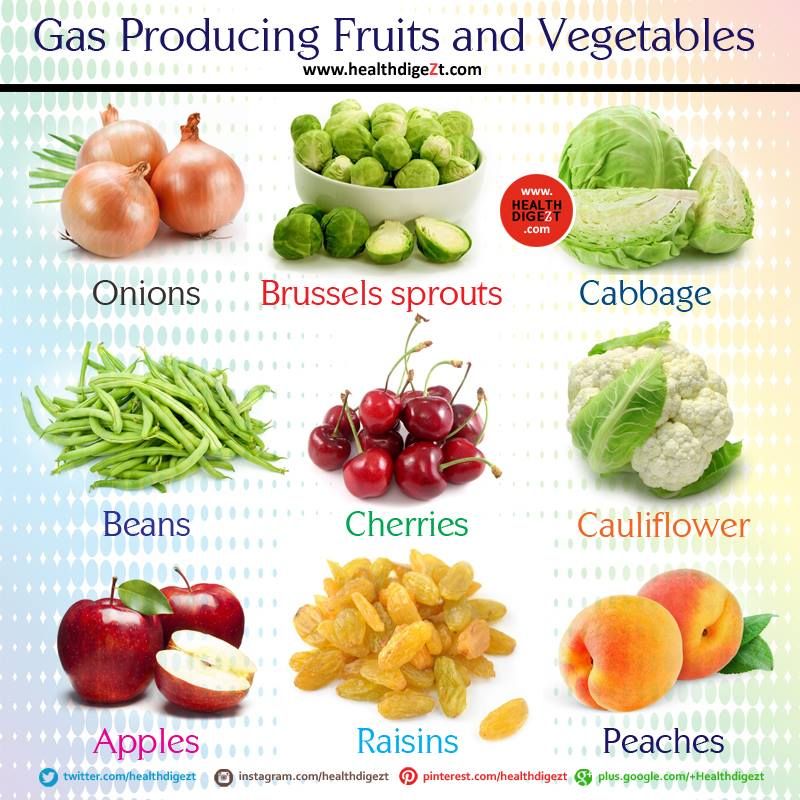 This will help to ease the process of releasing stool.
This will help to ease the process of releasing stool.
4. Apricots:
It is a seasonal fruit which is used for treating constipation. For babies it can be given either as raw or in the form of juice. Dried apricot can be soaked overnight and given to babies.
5. Oatmeal:
It provides much needed fibre present in food and helps in preventing stool from hardening.
6. Pear:
This is a fruit which is rich in fibre and vitamin C. Fibre and vitamin C aid proper digestion and relieve constipation. Few drops of pear juice can be given to babies to cure constipation.
7. Broccoli:
A superfood for babies, broccoli is a rich source of protein and fibre. Small florets, which are steamed can be given as a finger food which will ease the excretion process.
8. Sweet potatoes:
They are non-constipating baby foods. They help in relieving constipation and provide essential nutrients and carbohydrates for growing babies.
9. Berries:
They are rich in antioxidants and a great food for babies and toddlers. They also provide relief from constipation.
They also provide relief from constipation.
10. Whole grain bread:
Unlike white bread, whole grain bread contains good fibre and prevents constipation.
You should give your baby substantial quantity of water to keep his excretory system well-lubricated. As parents, you will go through a lot of stress when your baby is suffering from constipation. Positive changes in his diet and regular physical activity can cure constipation and other stomach-related problems.
Expert tips and advice from parents and doctors on foods that cause constipation in babies can be discussed on the Parentlane App.
20 types of foods that cause constipation and other foods that relieve constipation in babies
If you are a new parent, this should be a discussion of your child's habit Playing is now normal. You will be surprised how much you think, discuss and worry about your child's schedule. If your child has problems with stools or is experiencing pain Gas You will no doubt worry every day and you can consult a pediatrician in the late hours.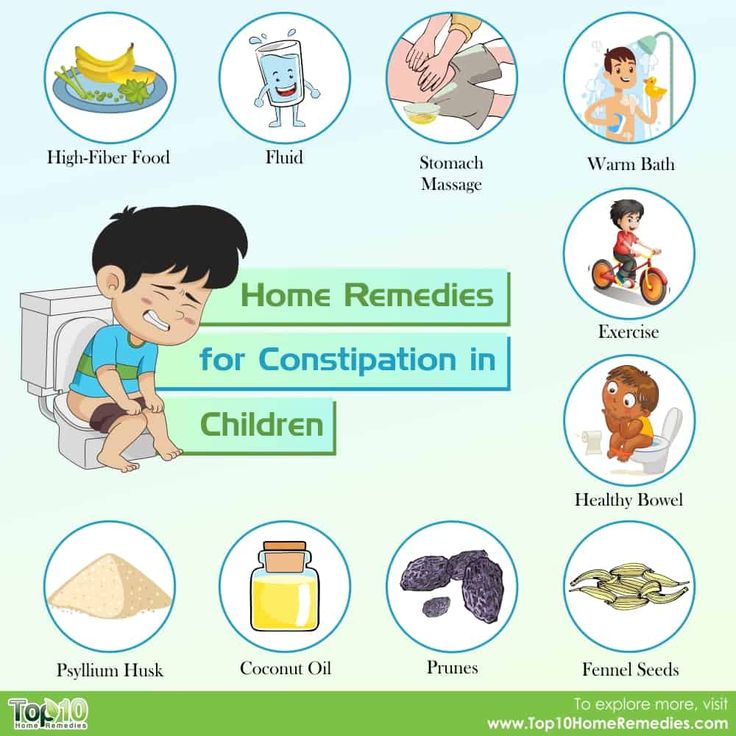 We understand your concerns, but you have nothing to worry about. Your little one may suffer from constipation. This is very common in infants and young children.
We understand your concerns, but you have nothing to worry about. Your little one may suffer from constipation. This is very common in infants and young children.
A child's laying habits will depend on their eating habits. There are some foods that tend to work to keep kids going, especially when you start giving them solid food. Read on to learn about the various foods that can cause constipation and other foods that relieve constipation in children, and learn how you can make sure your child has a good bowel movement.
In this article
Foods that cause constipation in babies
If your child has just started eating solid foods and is having trouble with bowel movements or has dry, hard stools, this is a sign of constipation. A child's fluid intake and diet will determine their bowel movements. Here is a list of foods that cause constipation in children.
1. Milk protein.
Milk protein may cause constipation in children. Milk proteins other than those found in breast milk can cause this problem, and as a parent you need to be careful when you start giving formula to your baby.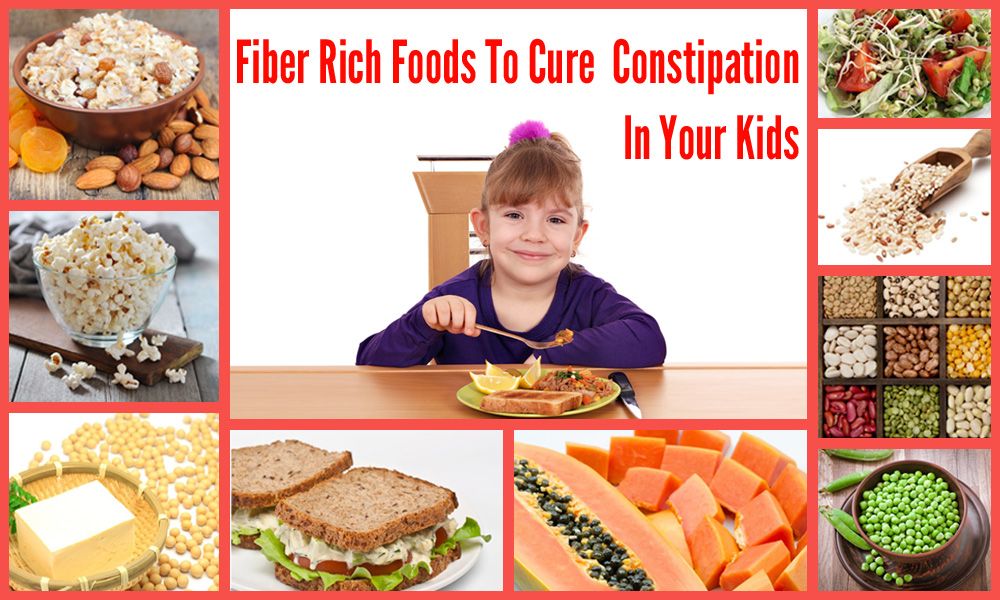 Sometimes babies can develop an allergy to breast milk protein, which can lead to constipation.
Sometimes babies can develop an allergy to breast milk protein, which can lead to constipation.
2. Formula milk
Infants are often fed formula at an early age. The formula consists of ingredients that are difficult to digest and can cause constipation. Even formula milk contains complex proteins that can harden poop and thus cause constipation.
3. rice
rice A cereals are two solid baby foods that most mothers consider their babies' first meal. But some children may find rice difficult to digest and may experience constipation.
4. Carrots.
carrot Raw or juiced, it is usually suitable for children. But if you feed your baby steamed carrots, he may feel constipated. Steamed carrots harden the poop, making it harder for children to excrete.
5. Raw banana
Children are often fed a raw banana as a cooked vegetable or as a porridge made from raw dried banana powder. While bananas can be given, unripe bananas are not.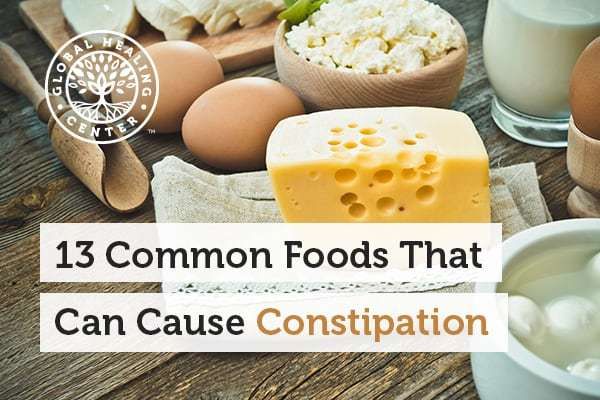 Giving an unripe banana to a child can cause constipation and stomach problems. Includes banana Ripe or unripe contains starch, making it difficult for a child to digest.
Giving an unripe banana to a child can cause constipation and stomach problems. Includes banana Ripe or unripe contains starch, making it difficult for a child to digest.
6. Apples
Apples are known to harden stools, so eating them during infection with diarrhea may help. But stewed apples, a popular food for children, can make children constipated. So don't give your child boiled apples. Also, don't give your child apple juice, as it contains pectin, a protein that makes stools harder.
7. Cheese
Cheese is an excellent source of many vitamins and minerals and a great food for children. It is usually given to children as a snack. However, cheese is low in fiber and can cause constipation.
8. White bread.
White bread, made from all-purpose flour, is a processed grain with a low fiber content. Fibrous foods are known to improve digestion. However, white bread lacks fiber in large quantities and can cause constipation in children.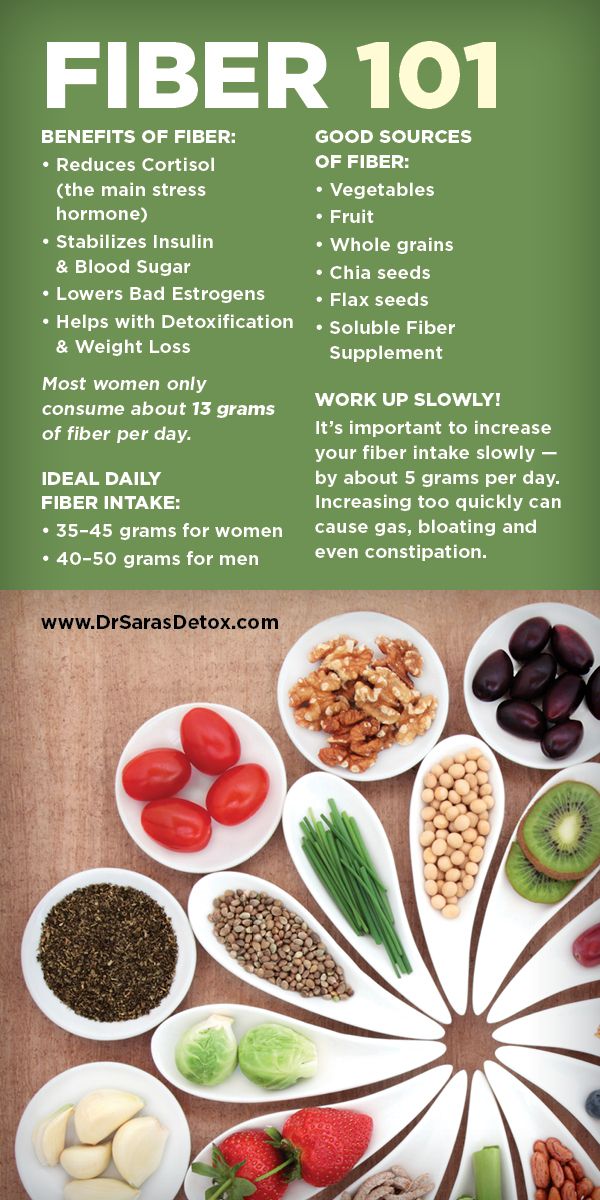
9. Potato
A regular potato with skin contains about 3 g of fiber and can prevent constipation. If you give your child potatoes along with other vegetables, this will not be a problem. However, if you give him potato chips or potatoes with butter or sour cream, he may become constipated.
10. Yoghurt.
Yoghurt contains good bacteria that make digestion easier. But it also has a nutrient-binding effect and can sometimes cause constipation in children.
Foods to Help Relieve Constipation in Babies
Now that you know what foods cause constipation in babies, don't include them in your baby's diet. If your child is already constipated, include these high fiber foods in his diet. These products will not only alleviate the condition, but also prevent its occurrence in the future.
1. Peach
Peaches are rich in fiber and are an excellent source of multivitamins. As a good source of fiber, they can make bowel movements easier and faster. Peaches can be soaked overnight and given to a child in the morning. You can also give your child the juice from the pruning. Prunes and plum juice are excellent remedies for constipation.
Peaches can be soaked overnight and given to a child in the morning. You can also give your child the juice from the pruning. Prunes and plum juice are excellent remedies for constipation.
2. Bean
Beans are rich in fiber and can be included in a child's diet if he suffers from constipation. Eating beans will improve bowel movements. Since beans contain both soluble and insoluble fiber, they aid in the digestion of food and help the child to excrete food properly.
3. Green peas
Fresh green peas, available in winter, are high in fiber and are the perfect food to include in your child's diet if they suffer from constipation. Peas can be given as a simple snack, simply boiled and seasoned. Babies can be given boiled peas in the form of mashed potatoes to facilitate bowel movements.
4. Apricot
Apricots are another seasonal fruit used to treat constipation. It can be given raw or as juice. The market also sells dried apricots, which can be soaked overnight and given to children.
5. Oats
Oats This is a popular and widely used food for children and an excellent food for children who suffer from frequent bouts of constipation. Oatmeal can provide your child with much-needed fiber and prevent constipation.
6. pear
Pear fruits are rich in fiber and vitamin C. Both fiber and vitamin C promote proper digestion and relieve constipation. A few drops of fresh pear juice can also be given for constipation.
7. Cauliflower.
Cauliflower is an excellent food for children and is a rich source of protein and fibre. Broccoli is also a good source of fiber, vitamin C, vitamin K, and folic acid. Green vegetables like spinach and broccoli make stool heavier, making it easier to pass through the intestines. Small steamed broccoli florets can be given to your baby like a finger. Broccoli also contains sulforaphane, which protects the intestines and aids in digestion.
8. Sweet potatoes
Sweet potatoes, unlike other tubers, are one of the best foods for children and do not cause constipation. Sweet potatoes can help relieve constipation and provide your growing child with essential nutrients and carbohydrates.
Sweet potatoes can help relieve constipation and provide your growing child with essential nutrients and carbohydrates.
9. Raspberries
Berries are rich in antioxidants and are an excellent food for babies and young children. It is also rich in fiber, so it should be included in your child's diet. You can give berries to your baby in the form of puree. Eating berries, your baby will not complain of constipation.
10. Whole grain bread.
Whole grains are rich in fiber, which is good for the heart and digestive system. You can give your child whole grain bread - it is rich in fiber and prevents constipation in your baby.
questions and answers
1. How do you know if your child is constipated?
If your child is constipated, he will obviously not be able to tell you. So watch out for these signs of constipation -
- Has three or fewer bowel movements per week.
- Stool hard and dry.
- It is difficult for him to pass.
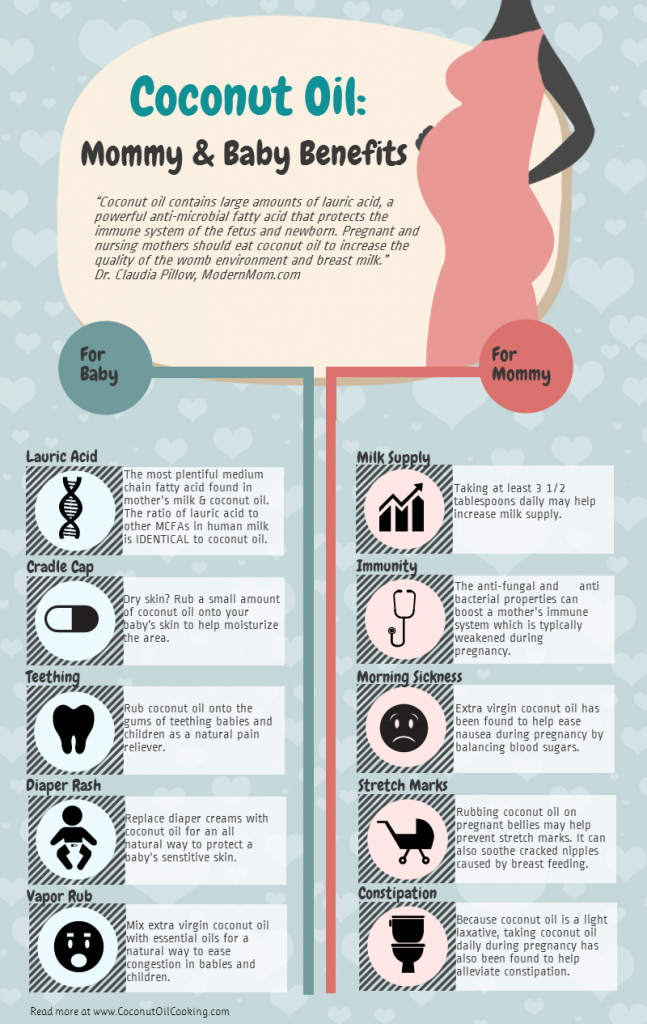
- He is constantly crying, his stomach hurts.
2. How can I prevent constipation in a child?
Here's what you can do to prevent and treat constipation in babies:
- If your baby is over six months old, you can make him drink small amounts of water. By six months, he will be getting all the water he needs through breast milk. Later, you can start with foods that contain water and fiber, since water and fiber will improve your stool.
- Include high fiber foods in his diet. Include peaches, berries, whole grains, and legumes in his diet as they are high in fiber and aid digestion.
- Train your child to be tired. Once he's ready for minor training Make sure he or she sits on the toilet seat for at least 10 minutes at about the same time. You teach him to go to the toilet.
- Parents often experience great stress when their children are constipated. If your child is constipated, don't worry.
By making small changes to your diet and encouraging him to do some (albeit small) exercise regularly, constipation and other stomach problems can be cured.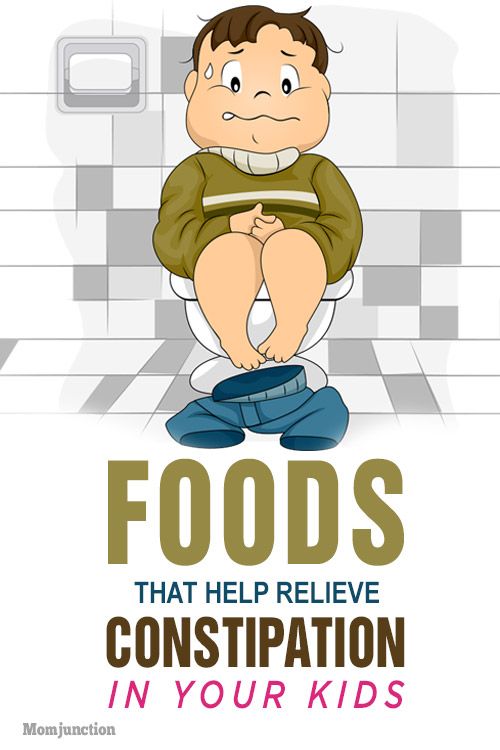 However, if the problem persists and your child does not feel better, see a doctor.
However, if the problem persists and your child does not feel better, see a doctor.
Proper diet for constipation in a child from 1 to 7 years
Constipation is a rather unpleasant, but very common phenomenon in children of all ages. From birth to a year, a child's stool usually does not cause any special problems, and with the introduction of complementary foods, it is finally getting better. However, after the baby is one year old, the problem may return again. Parents usually manage to cope with it on their own by making adjustments to the diet. This article will provide a diet for constipation in a child.
Causes of problems with stools
There are many factors that affect the appearance of constipation. Among them are physiological, due to the peculiarities of the age period. From 1 year to 3 years, stool retention can be provoked by:
- slow intestinal motility;
- dysbacteriosis - although recent studies claim that such a disease does not exist, nevertheless, a violation of the microflora of the gastrointestinal tract and a lack of probiotic bacteria are quite capable of provoking various defecation difficulties;
- helminthiasis;
- new food introduced for the first time;
- sudden change of scenery;
- lack of fluid intake;
- products that cause intestinal disturbances;
- enzyme deficiency.
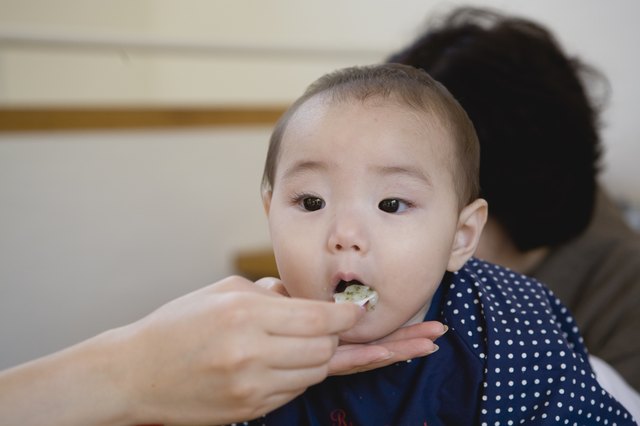
The diet for constipation in a child should be carefully considered. More on that below.
Additional factors
Children over 3 years of age also often suffer from the inability to defecate normally until the start of school, that is, up to 6-7 years. They, in addition to the previous list, have new reasons:
- pain during bowel movements due to too dry and hard stool, and a child at this age may already consciously refuse to go to the toilet if he feels discomfort;
- diseases of the gastrointestinal tract - in these cases, other symptoms will definitely appear, it is important to immediately go with the baby to the pediatrician;
- fissures in the anus causing severe pain;
- embarrassment to empty the bowels in public places, next to other children - in kindergarten, school, sometimes there is a strongly developed disgust in the child, which also prevents going to the toilet anywhere other than at home.
The most common cause of constipation in children from 1 to 7 years old is an incorrect menu and non-compliance with the drinking regimen.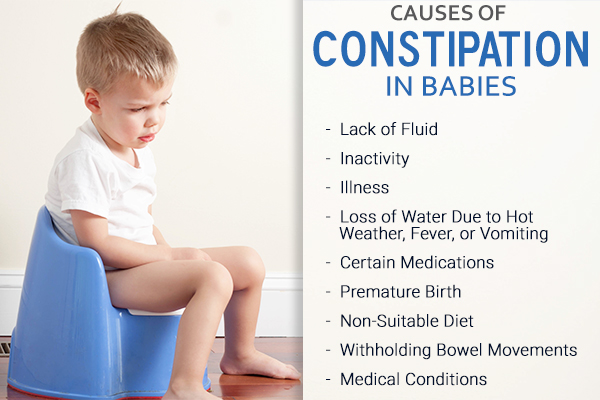 A diet for constipation in children of 6 years old will be a way out of the situation.
A diet for constipation in children of 6 years old will be a way out of the situation.
The effect of drinks on stool quality
Insufficient fluid intake can cause constipation even in adults, and even more so in children with their delicate, newly formed digestive system. The introduction of complementary foods, the transition to solid foods, the cessation of breastfeeding, or the rejection of formula feeding should definitely encourage parents to reconsider the issue of adequate provision of water for the child. A diet for constipation in children of 1 year old is made with this in mind.
Children of different ages need different amounts of water to drink per day, and it does not have to be pure water. Dried fruit compotes, decoctions of herbs, such as chamomile, fennel, special children's teas, freshly squeezed juices, except for sour ones, fresh sour-milk products will be useful for constipation. All drinks should be low concentration, prepared without added sugar.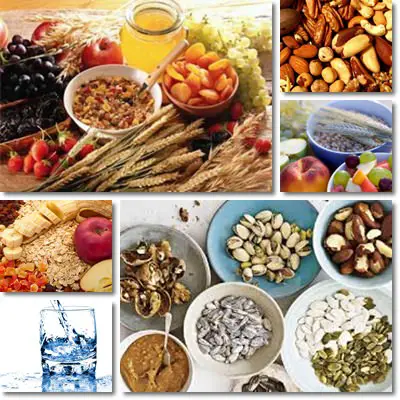
The diet for constipation in a child is based on this.
Fluid rate by age
Normally, the amount of fluid entering the body, including with food, should be approximately as follows:
- 1 year – 1.1-1.3 l;
- 2 years - 1.4-1.5 liters;
- 3 years - 1.5-1.6 liters;
- 4 and 5 years - 1.6-1.7 liters;
- 6 and 7 years - 1.6-1.8 liters.
What does the diet for constipation in children 5 years old take into account?
What liquid to give?
Do not give babies coffee, strong black tea, carbonated sweet drinks. It is necessary to limit the amount of cow's milk, especially fresh milk, packaged and freshly squeezed juices. The former contain a lot of carbohydrates, the latter are quite concentrated, capable of causing allergic reactions. Such juices must be diluted with water in a ratio of 1:3. This also suggests a diet for constipation in children under one year old.
It is helpful to give your child a glass of clean cool water before breakfast.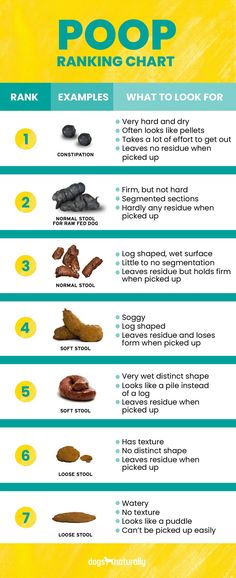 Warm will not work, as it weakens peristalsis. The lower the temperature, the better is the stimulation of the gastrointestinal tract. First, you should give water at room temperature, then gradually lower the degree, bringing it to a very cool, but not causing discomfort.
Warm will not work, as it weakens peristalsis. The lower the temperature, the better is the stimulation of the gastrointestinal tract. First, you should give water at room temperature, then gradually lower the degree, bringing it to a very cool, but not causing discomfort.
General nutritional advice for stool normalization
Good eating habits should be formed from the very beginning of the introduction of complementary foods, especially if there is a hereditary tendency to constipation. An older child who has often received tasty, but not very healthy food, may resist the transfer to the food necessary for good bowel function. The diet for constipation in children 2 years of age should be as balanced as possible.
Allowed foods
The diet of all children from one to seven years old, suffering from difficult bowel movements, should include foods that stimulate rapid bowel movement, containing enough vitamins, trace elements, beneficial bacteria, fiber:
- Cereals - buckwheat, brown or brown rice in a small amount, oatmeal in large flakes or oats, wheat.
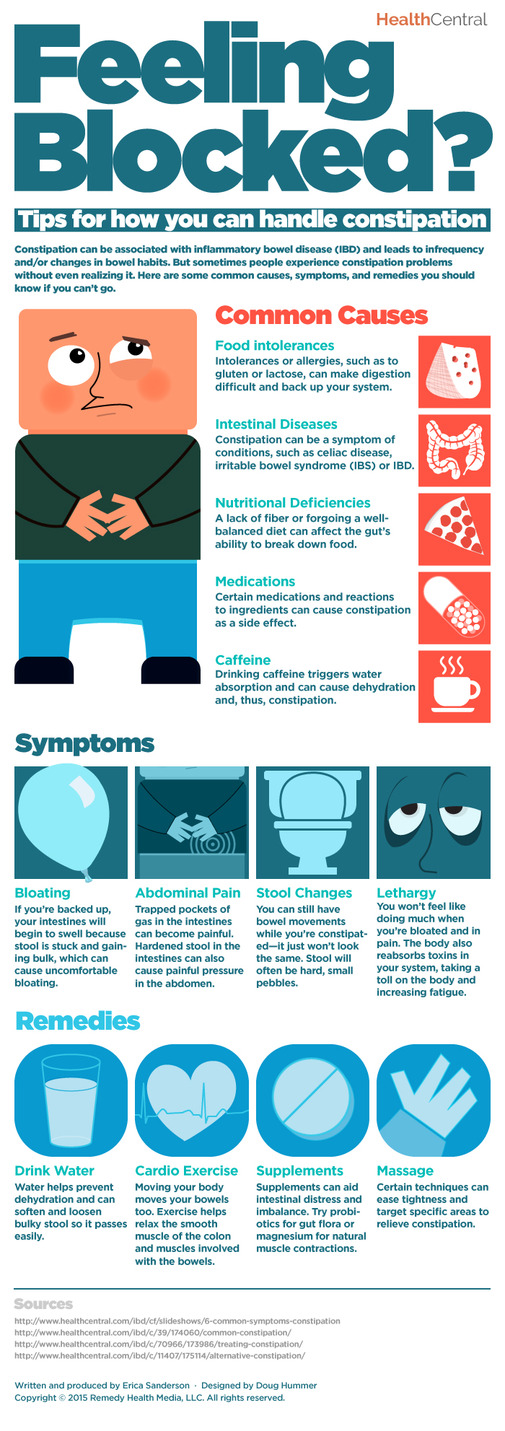 You should not get involved in cereals.
You should not get involved in cereals. - Vegetables - beets, carrots, broccoli, cauliflower and cabbage, pumpkin, bell peppers, cucumbers, tomatoes, some potatoes and others should form the basis of the diet.
- Fruits and berries - apples, plums, apricots, bananas (a little), currants, raspberries, kiwi.
- Greens - spinach, lettuce, Chinese cabbage, dill, parsley.
- Dried fruits - prunes, dried apricots, raisins, dates, figs.
- Fermented milk products - kefir (only fresh, up to 3 days, otherwise you will get the opposite effect), bio-yogurt, curdled milk, fermented baked milk, children's curds.
- Dried bran or rye bread, bran itself.
- Honey and homemade jam from suitable berries and fruits.
- Low-fat meat and fish products.
Dishes should be boiled, stewed, baked, steamed, while still adding a little olive oil. Salads made from fresh fruits and vegetables, seasoned with the same butter or natural yogurt, cottage cheese, have a good effect.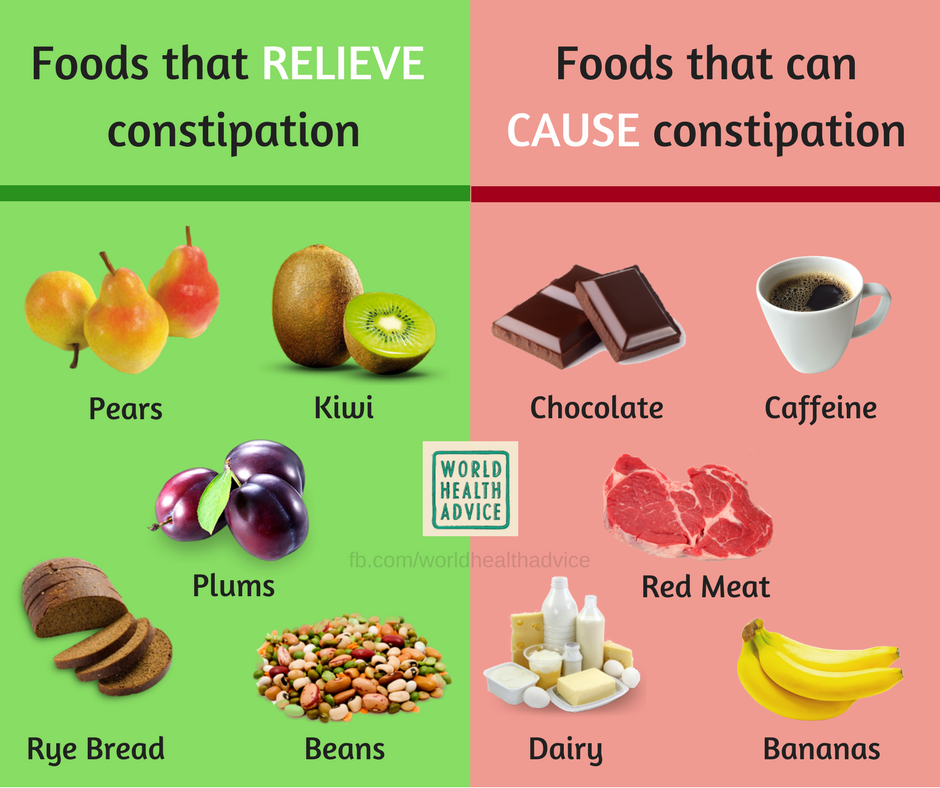
Diet for constipation in a child - forbidden foods
Fast food, sweets, rich soups, marinades, pickles, smoked and fried foods should definitely be excluded from the nutrition list. Specifically, it is worth minimizing the use of:
- Macaroni.
- Semolina and white rice.
- Blueberries.
- Pear
- White bread.
- Cocoa, coffee, strong tea.
- Chocolate.
- Kisel.
- Fatty fish and meat - mackerel, herring, trout, lamb, some parts of pork, duck and goose meat.
- Dumplings, dumplings.
- Cheese, milk.
- Legumes - peas, lentils, beans - should be limited.
The diet for constipation in children 2 years old is based on this.
Any foods that slow down the process of defecation or thicken the stool should be limited as much as possible, and it is better to completely eliminate it from the diet, doing it gradually, step by step. Ideally, they should not be given to the child from the very beginning.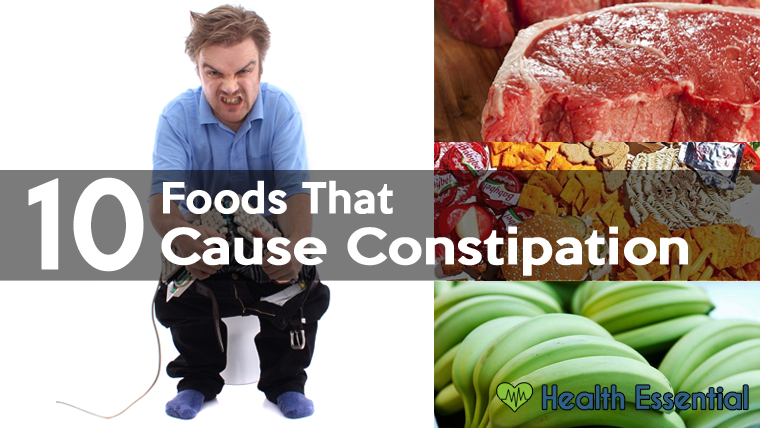
It is very important for a child under 3 years of age to strictly follow the nutritional recommendations. After 3 and up to 7 years, you can sometimes make some indulgences, but it is important not to deviate from the rules too often. So the diet for constipation in children 4 years old will be slightly different from the diet of a two-year-old child.
Special table
For children and adults who often suffer from constipation, even the diet number 3 in the list of therapeutic diets has been developed. This is a completely balanced menu, enriched with essential nutrients, the set of products of which has a positive effect on difficult stools.
Consider what diet number 3 includes for children with constipation.
Meals should be small and divided into 4-6 meals. So it is easier for the stomach to digest incoming food, and it is easier for the intestines to excrete it. Products recommended for consumption:
- Vegetables - tomatoes, cucumbers, cauliflower, courgettes, pumpkins, carrots, beets.
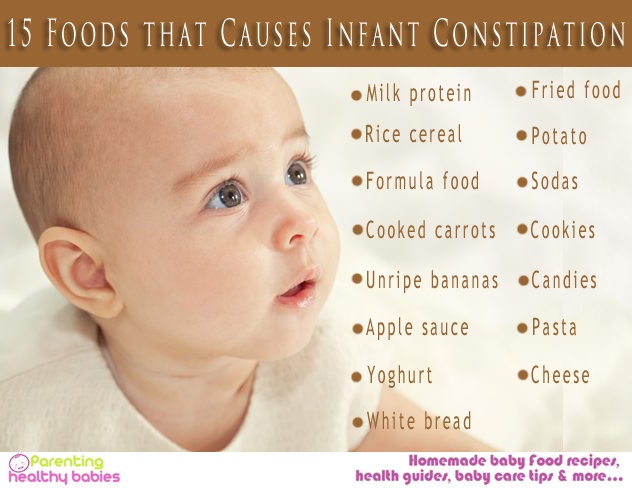 White cabbage should not be eaten, as it provokes strong gas formation, which slows down peristalsis. Potatoes can only be eaten in a peeled and baked form.
White cabbage should not be eaten, as it provokes strong gas formation, which slows down peristalsis. Potatoes can only be eaten in a peeled and baked form. - There are almost no restrictions on fruits and berries: strawberries, currants, blackberries, strawberries, cranberries, cranberries, bananas, apples, pears, apricots, plums, watermelons. An exception is grapes, as well as cabbage, which contributes to the appearance of flatulence.
- White fish - perch, pike, bream, carp, cod, hake, pollock.
- Lean meats and poultry - turkey, rabbit, beef, veal.
- Toasted rye or grain bread with bran, seeds or other grain additives.
- Greens, celery.
- Homemade jams, jams, compotes sweetened with honey - only allowed on the children's menu.
- Dried fruits.
- Cottage cheese and fermented milk drinks, preferably homemade.
- Porridges from barley, buckwheat, wheat groats.
- Sunflower and pumpkin seeds, nuts.
Diet for constipation in a child 3 years of age: recommendations
Soups are cooked light, on meat and fish broths, diluted with water or weakly cooked, but without the addition of meat and fish.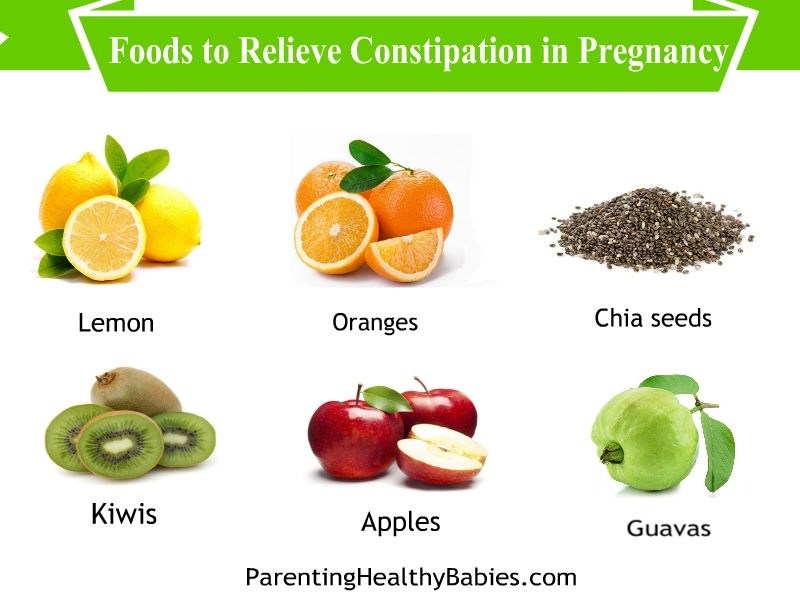 All dishes need to be baked, boiled, stewed or cooked in a double boiler.
All dishes need to be baked, boiled, stewed or cooked in a double boiler.
Meat or fish is consumed once a day. Occasionally, you can replace them with turkey ham. It is undesirable to remove the peel from fruits and vegetables, since it is it that contains the greatest amount of fiber. You can add yogurt to fruit salads, and a couple of tablespoons of bran to vegetable salads.
Weak children's organisms up to 5 years old will benefit from baked vegetables and fruits, you should not get carried away with fresh ones, so as not to overload the stomach and disrupt only the established process of digestion. For example, baked apples are an excellent remedy for constipation.
Porridges should be boiled crumbly, because liquid ones will envelop the walls of the stomach, inhibiting the digestion of food. For the same reason, it is undesirable to cook mashed soups, but light broths with black bread croutons will do well.
Children will appreciate delicious dishes such as pumpkin porridge, pumpkin and dried fruit pancakes, or simply baked pumpkin or an apple smeared with honey.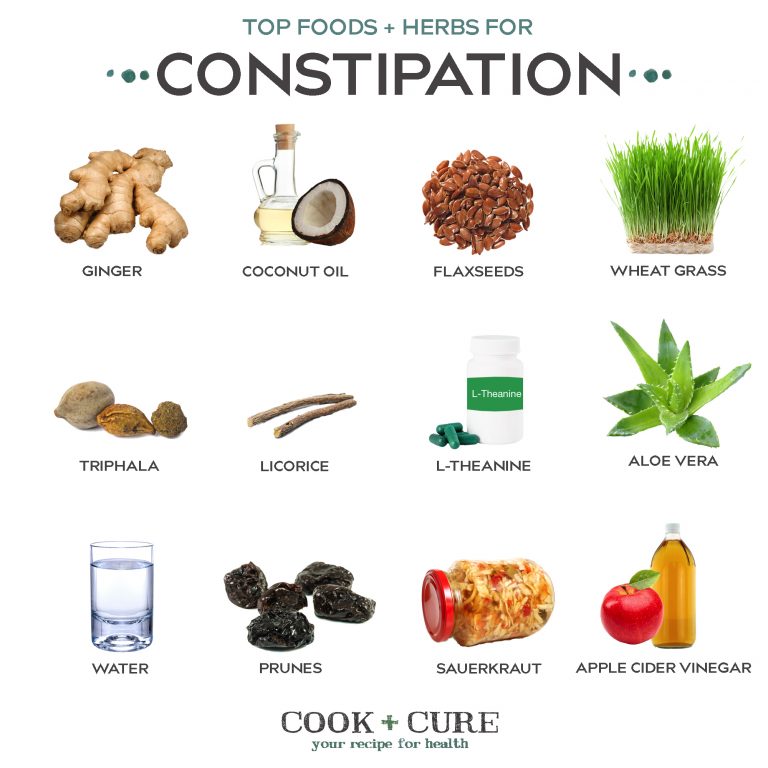 These dishes can be offered as a dessert, afternoon snack or breakfast. Meat and poultry are included in the menu up to 3 times a week, the rest of the time protein is obtained from fish, dairy products and steamed omelet.
These dishes can be offered as a dessert, afternoon snack or breakfast. Meat and poultry are included in the menu up to 3 times a week, the rest of the time protein is obtained from fish, dairy products and steamed omelet.
Recipes suitable for children
If your doctor has prescribed diet number 3 for children with constipation, then feeding your baby correctly, tasty and varied will not be difficult. From the allowed products, you can cook a lot of delicious dishes that will appeal to both kids and older children.
- Beet and prunes salad can be given to children from 2 years of age. Boil beets until tender and grate, prunes - soak in boiling water and finely chop. You can fill the salad with natural yogurt or sour cream 10% fat.
- Prunes soak in boiling water until soft, cut into small pieces or puree for babies from one year old. Mix dried fruit with fresh kefir, bio-yogurt, curdled milk or fermented baked milk and take shortly before bedtime.
- Baked omelet with zucchini, herbs and tomatoes.


